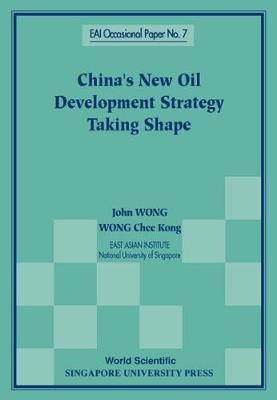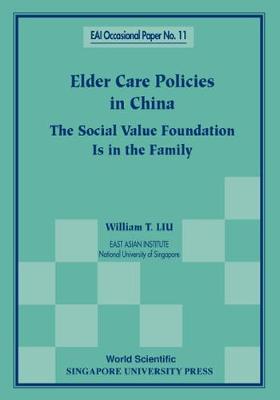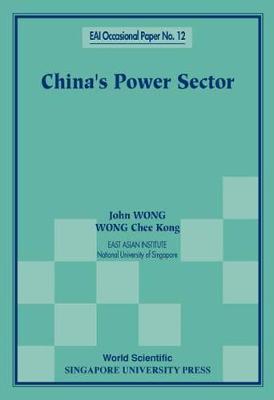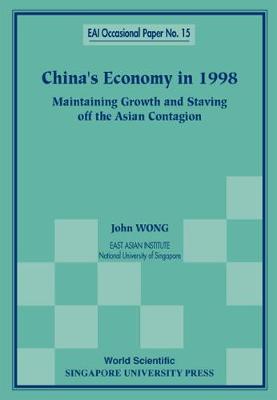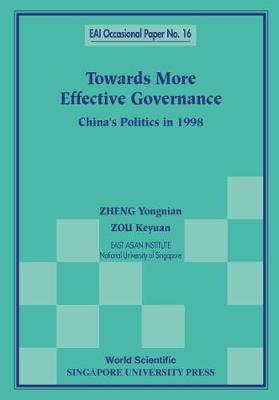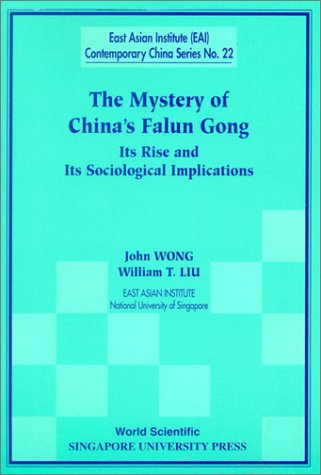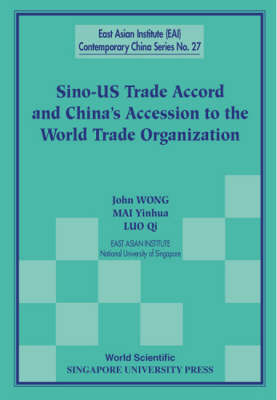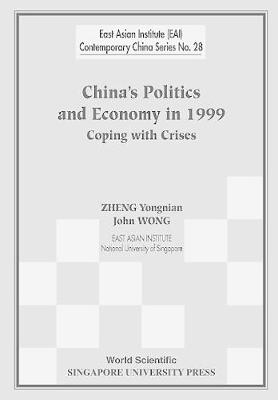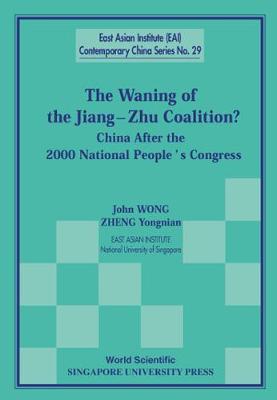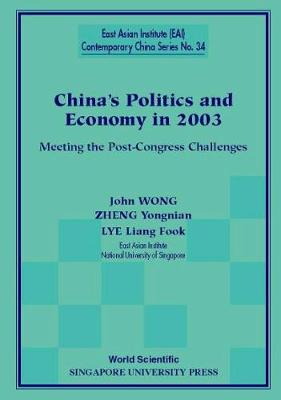East Asian Institute Contemporary China
10 primary works
Book 7
China's New Oil Development Strategy Taking Shape
by John Wong and Chee Kong Wong
Book 11
Elder Care Policies In China: The Social Value Foundation Is In The Family
by William T Liu
Book 12
Book 15
China's Economy In 1998: Maintaining Growth And Staving Off The Asian Contagion
by John Wong
Book 16
Towards More Effective Governance: China's Politics In 1998
by Yongnian Zheng and Keyuan Zou
Book 22
Mystery Of China's Falun Gong, The: Its Rise And Its Sociological Implications
by John Wong and William T Liu
Book 27
Sino-us Trade Accord And China's Accession To The World Trade Organization
by Qi Luo, Yinhua Mai, and John Wong
Book 28
China's Politics And Economy In 1999: Coping With Crises
by John Wong and Yongnian Zheng
Book 29
Waning Of The Jiang-zhu Coalition, The: China After The 2000 National People's Congress
by John Wong and Yongnian Zheng
Book 34
